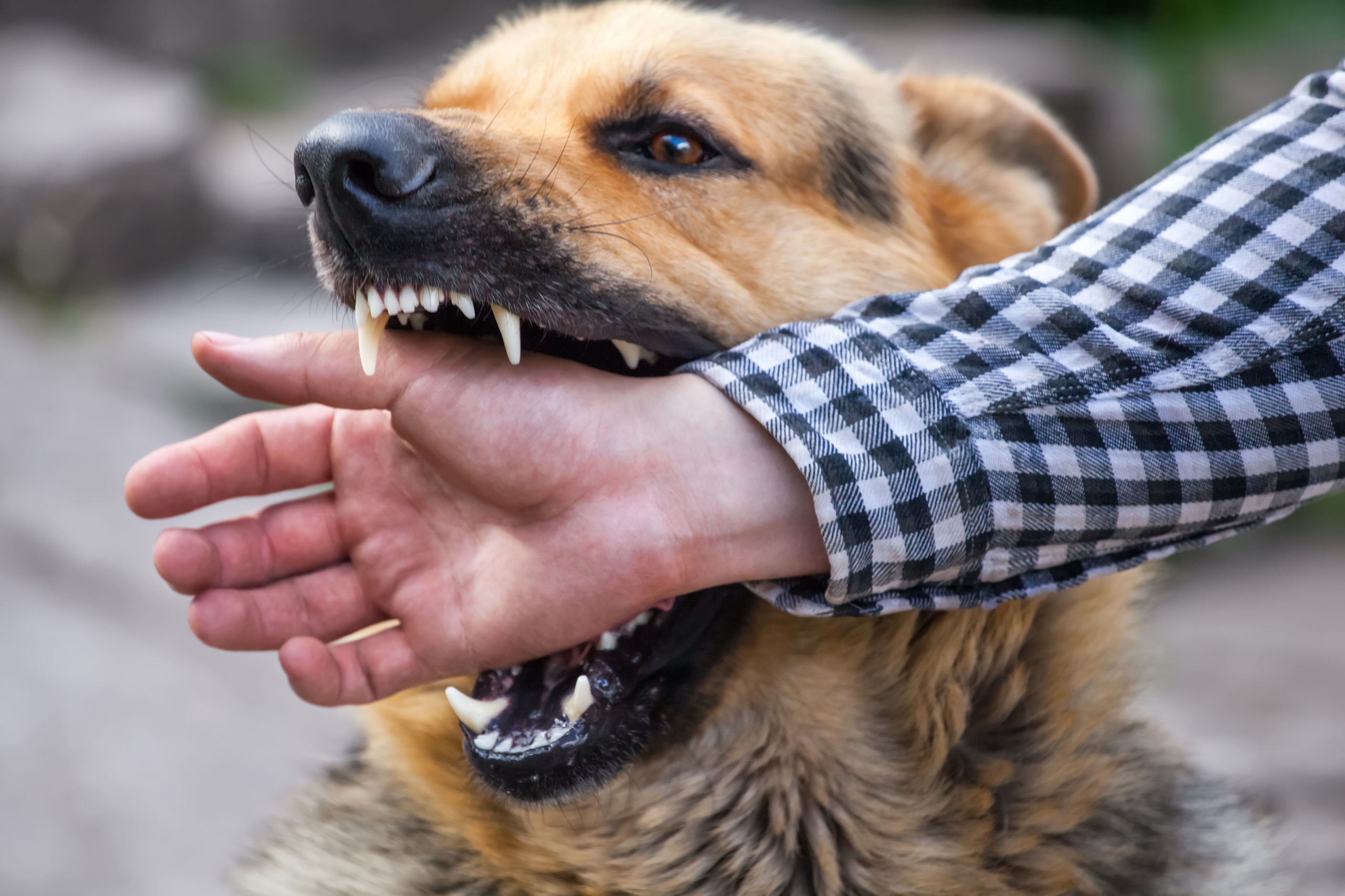
Does the Animal Have To Be Put Down After an Animal Attack?
Animal attacks often fall under the umbrella of premises liability, a legal principle that means the owner of a property has an obligation to keep the premises safe for guests. In most premises liability cases, the plaintiff has to prove the property owner knew or should have known about the safety hazards on the property. But New Jersey law is more strict when it comes to dog bites.
New Jersey is a statutory strict liability state; this means the dog does not have to show any previous signs of viciousness in order to hold the owner liable. New Jersey Statutes section 4:19-16 states that the owner is liable for damages suffered by the victim as long as the victim is in a public place or lawfully in a private place (i.e. visiting the dog owner’s home).
All the plaintiff has to prove is:
- The defendant owned the dog
- The dog bit the plaintiff
- The plaintiff was in a public place or lawfully on the owner’s property
But even when the owner is held liable for someone’s injuries, the dog will not necessarily have to be put down. Euthanization is typically reserved for animals with a history of aggressive behaviors, such as multiple biting incidents.
According to the ASPCA, dogs at the highest risk of being euthanize are the ones who exhibit little to no warning before they bite. Dogs who are inconsistent and unpredictable in their aggression are the most dangerous to keep in the home or on the sidewalks.
There are several risk factors to keep in mind when it comes to aggression. These include:
- Size: Large dogs can inflict more damage and present more of a threat than small dogs.
- Age: Older dogs are more set in their ways and less likely to “recover” from aggressive behavior.
- Severity: Aggression can range from showing teeth and growling to inflicting serious wounds. Minor aggression is easier to live with and less likely to lead to euthanasia.
- Bite history: Dogs who have already bitten are more of a risk.
- Triggers: Certain circumstances can prompt an animal to behave aggressively. If these circumstances are easy to avoid, then the dog may be less of a threat. For example, if the dog has a habit of biting children, childless owners who don’t invite friends with children to their home can reduce the risk of an incident.
Every year, more than 4.5 million people are bitten by dogs in the U.S., according to the American Veterinary Medical Association. 1 in 5 of these bite victims require medical attention for their injuries, adding up to more than 800,000 cases needing medical help every year. Children are the most common victims of dog bites, and because of their small stature, they are most likely to be seriously injured. Senior citizens are the second most common victims.
Dog bites are especially dangerous because of the bacteria present in the dog’s mouth. When the teeth break the skin, this bacteria can enter the bloodstream and cause an infection—even in minor wounds.
If you or a family member has suffered from a dog bite, you could be eligible to win damages for medical treatment, pain and suffering, and more depending on your unique situation.


















